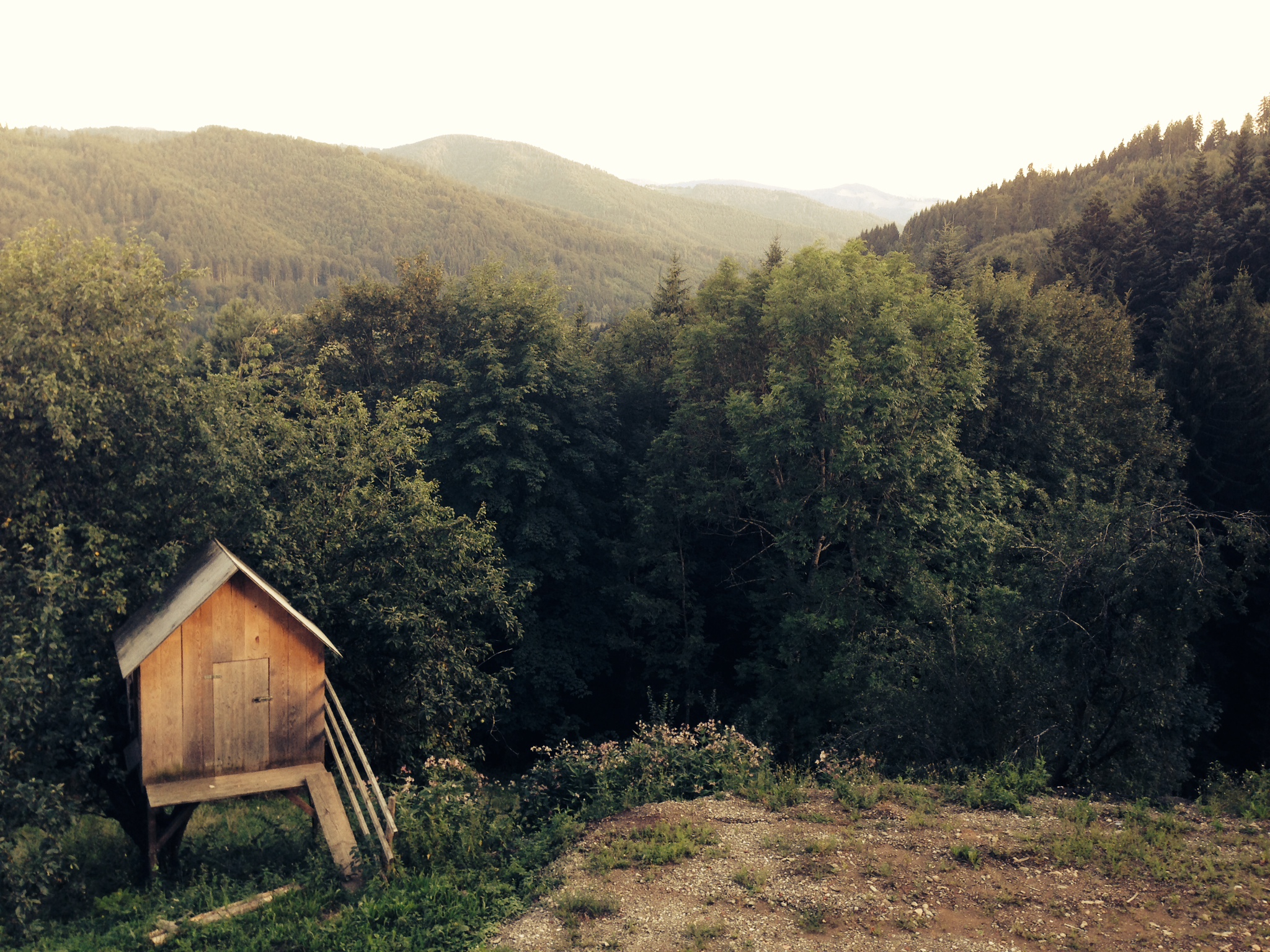
A copy of Anna Karenina sat on my bookshelf, undisturbed for years. It grew into something like a permanent installment or an immovable part. I was so accustomed to seeing it, yet it never occurred to me to actually pick it up, open it, and possibly even read it.
Recently, the Russian classic made a comeback and as the name sprung up everywhere I turned, I tried to remember the familiar story, but realized that it was not familiar at all. I have seen a couple film adaptations, but reading Tolstoy and watching Tolstoy are two entirely different matters so I plunged into the 800-page masterpiece.
The title suggests that the main character of the story is, Anna Karenina– she gets all of the publicity in adaptations, but she is just one of the many characters in Tolstoy’s web of acquaintances and relations. The main storyline centers around Levin’s search for the meaning of life and his battle with those age-old questions: who am I and why am I here?
Levin first appeared in the book as an agnostic. He abandoned his childhood faith during college replacing his Christian convictions with the intellectual trend of skepticism and doubt which sought to explain life through reason and science. He hopped on the wagon but was too honest with himself to simply overlook the shortcomings of his newly adopted world view. For him, science did not answer the most basic soul-gnawing questions and he was left to struggle with his purposeless existence. He wrestled with himself tirelessly throughout the novel till he arrived back at the beginning— a renewed faith in God.
“I know! I know not by reason but it is revealed to me and I know it with my heart, by faith…” he concluded as the revelation struck him while lying on a rich, grassy field near a herd of cattle. The search for faith is actually the central theme of the book, while Anna Karenina’s tragic love story continues to dominate the theme in films (the best of which is the 1997 film starring Sophie Marceaux). The story ended happily for Levin who found faith, while tragically for those who snubbed it.
Written in a bitterly realistic style, the book is heavy and deep but exquisite for its wide and expansive study of the domino-effect that is triggered by the decisions and actions of every character.







